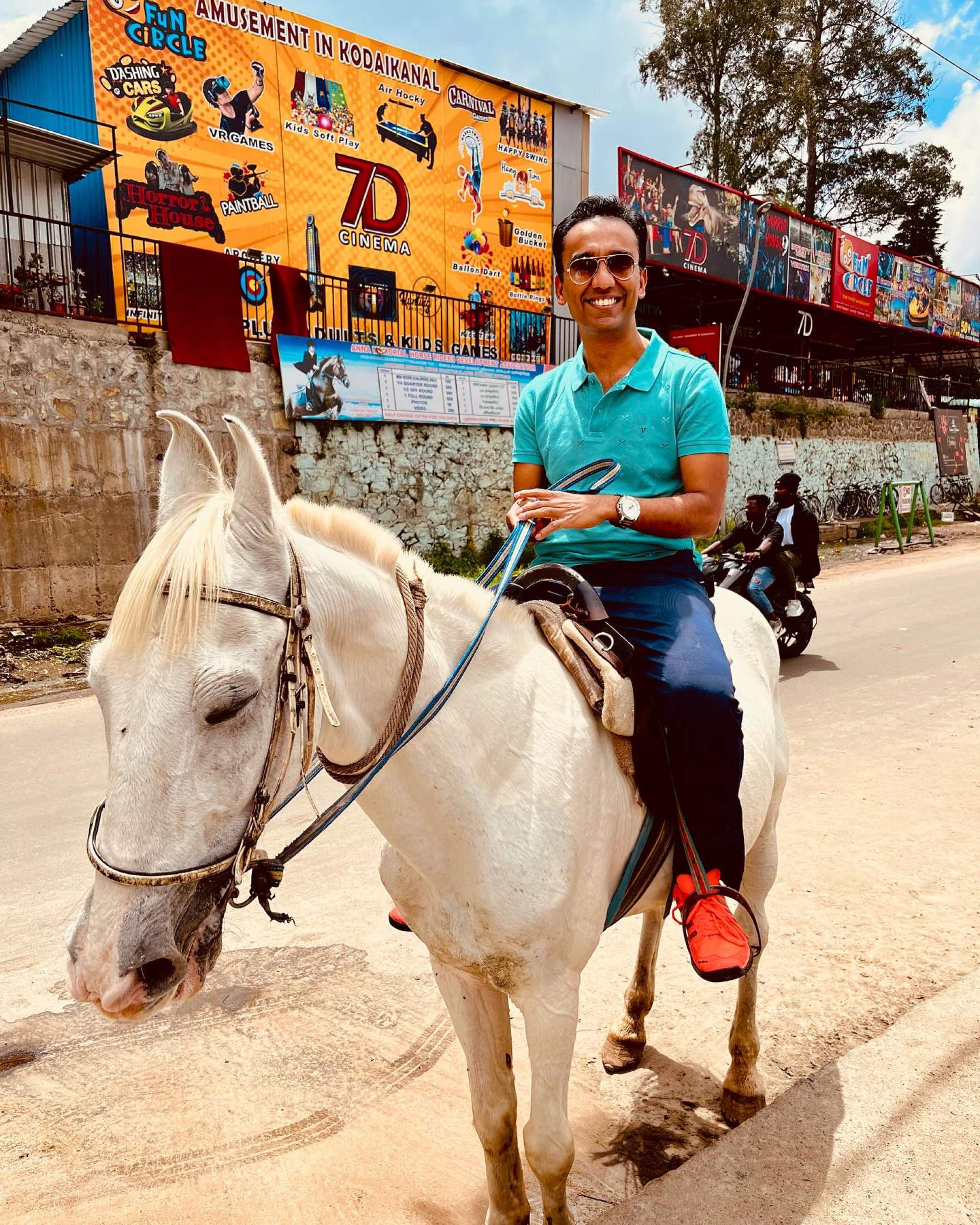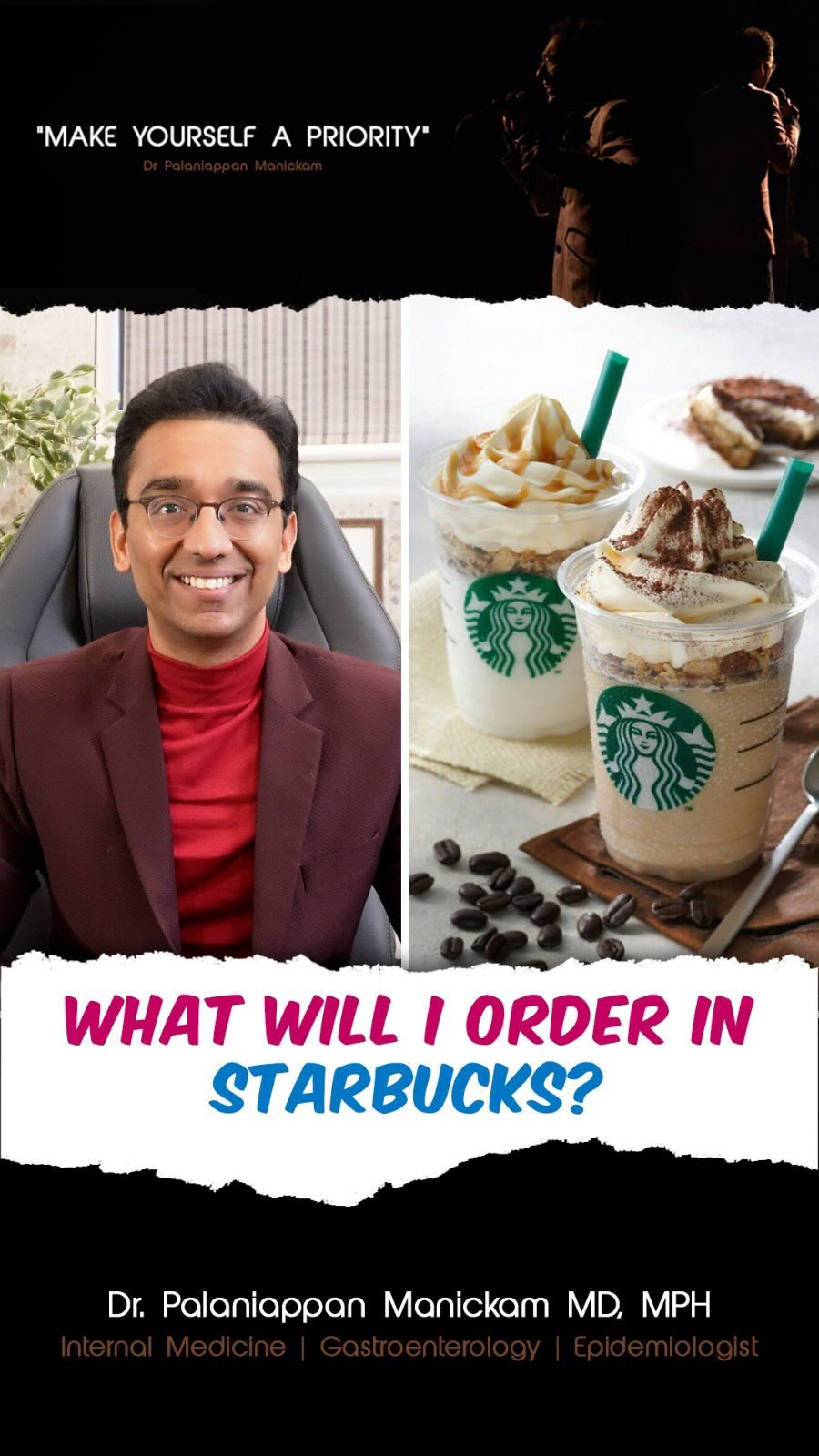Losing belly fat, intermittent fasting for weight loss – doctor, YouTube star ‘Dr Pal’ uses humour to promote healthy living
“Long ago patients used to come for doctor’s advice. Nowadays, doctors wait patiently for patients’ advice,” says Dr Pal, speaking humorously about patients googling their complaints and finding solutions for themselves before they see a doctor.
Born in Madurai, Tamil Nadu, in South India, Dr Pal, or Dr Palaniappan Manickam to give him his full name, is a gastroenterologist with a master’s degree in public health who works in a hospital in Sacramento, California. It was by chance that he became a social media sensation, attracting 970,000 followers on Instagram with the handle @Dr Pal.manickam, and more than 1.5 million followers on his YouTube channel, @DrPal.
When the coronavirus pandemic began, his wife and children were waylaid visiting India, while he continued working in the United States. A non-governmental group asked him to make a short educational video about Covid-19.“When I submitted it, they said that my video was more like stand-up comedy than the serious video that they were looking for,” Manickam says.
He was wondering what to do with the video, into which he had put a lot of effort, when a friend suggested he upload it to YouTube. He did so, and woke up the next morning to see it had gone viral, with many comments from viewers.
He had been initiated into “medcom” – medical comedy.
Manickam now straddles medicine and stand-up comedy with ease, using humour to make people aware of health issues and tell them how to modify their lifestyles for better health.
His live performances, such as Laws of Weight Loss and Fun with Fasting, have been popular in India and the United States.
“I always had a funny streak, and realised that my self-deprecating humour could be channelled into something positive when medical students laughed often at my jokes in PowerPoint presentations,” he says. He taught medicine while studying for his master’s degree in Boston, Massachusetts, and Detroit, Michigan.
The bottom line of weight loss is mindful eating. Be aware of what you eat and when you eat and the rest will fall into place
“I call it sugar coating the bitter medicine – a doctor should learn to use humour to make his patients feel at ease, and it’s also easier to impart information with a little humour,” he says.
“As a gastroenterologist who deals with bowel movements, irritable bowel syndrome, flatulence and other problems that people are not comfortable talking about, I make sure to always relax the patient, cracking a joke or paying them a compliment.“When patients come to me for an endoscopy, I humorously greet them saying, ‘Soon, I will know you inside and out’.”
He urges people to follow their circadian rhythm – sleeping and waking at regular times, and eating at the right times. He stresses the importance of maintaining a healthy weight and advocates easy-to-follow guidelines such as eating dinner before sunset, or having social get-togethers over lunch rather than late dinners.
“The bottom line of weight loss is mindful eating. Be aware of what you eat and when you eat and the rest will fall into place,” he says.In a YouTube video offering five steps to get started with intermittent fasting for weight loss, he says patients he had not seen before, who had watched his videos, had lost 20 to 30 pounds (9kg to 13kg).
Manickam says: “When you wake up, your insulin wakes up along with you, reaches a peak around 2pm to 3pm and dies down after sunset. And when you start eating along with the insulin cycle and if you stop eating after sunset, miracles will happen – including your weight loss.
“Insulin is like a bank which is open from 8am to 6pm. You can deposit food only during this time.
“If you try to deposit food any other time it doesn’t get deposited into your life checking account, it gets deposited into your fat account – for which diabetes might be the interest, which you might not be interested in.
“So once insulin goes to sleep … the night shift worker growth hormone comes in and repairs all the damage that you have done throughout the day, and makes insulin. Get well-rested and insulin is back again in the morning with a fresh vigour.”

His YouTube videos and Instagram presence have made Manickam hugely popular in India with Tamil and English speakers, and with the Indian diaspora. Many patients try to contact him for consultation through his channels, but he says that his schedule is full until the end of 2024.
Those who can’t get an appointment can tap his wisdom through social media.
His videos make references to Indian culture – films, actors, cricket, food, and songs.
“Gymming [going to the gym] will not help the gumming [eating],” he says.

“Though I was a doctor, I knew little then about diet or weight loss,” he says. This sparked his desire to adopt a healthy lifestyle.
He listened to podcasts, watched YouTube videos about health, made changes in his lifestyle and diet, and took up intermittent fasting. Today he is 30kg lighter.
His videos and comedy shows are informative and entertaining, and simple enough for the masses to understand the concepts. His friend Saravana Kumar is an omnipresent character in his videos, who asks many of the questions.
The funds from his shows go towards palliative care in India, and looking after children with cerebral palsy.
“My objective is to change the diet and lifestyle of Indians through my videos and shows, so that they can lead healthier lives – and that benefits the community as a whole,” Manickam says.

“We have the best treatment for most diseases, but very little goes into why a person developed a particular disease. This is because the medical system is geared more towards treatment than prevention.
“So when there are videos on social media about prevention, like how important it is to walk at least 10,000 steps a day, to be healthy, people are not too interested in following it. They do not realise that to prevent future health problems it’s necessary to build in a healthy habit of exercise today.”
Like what you read? Follow SCMP Lifestyle on Facebook, Twitter and Instagram. You can also sign up for our eNewsletter here.